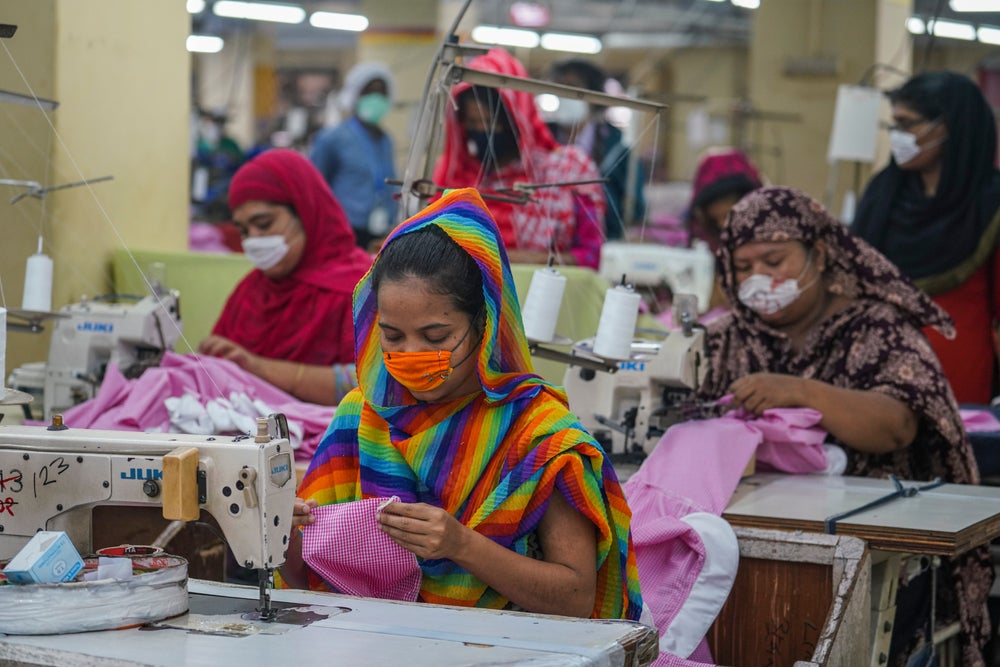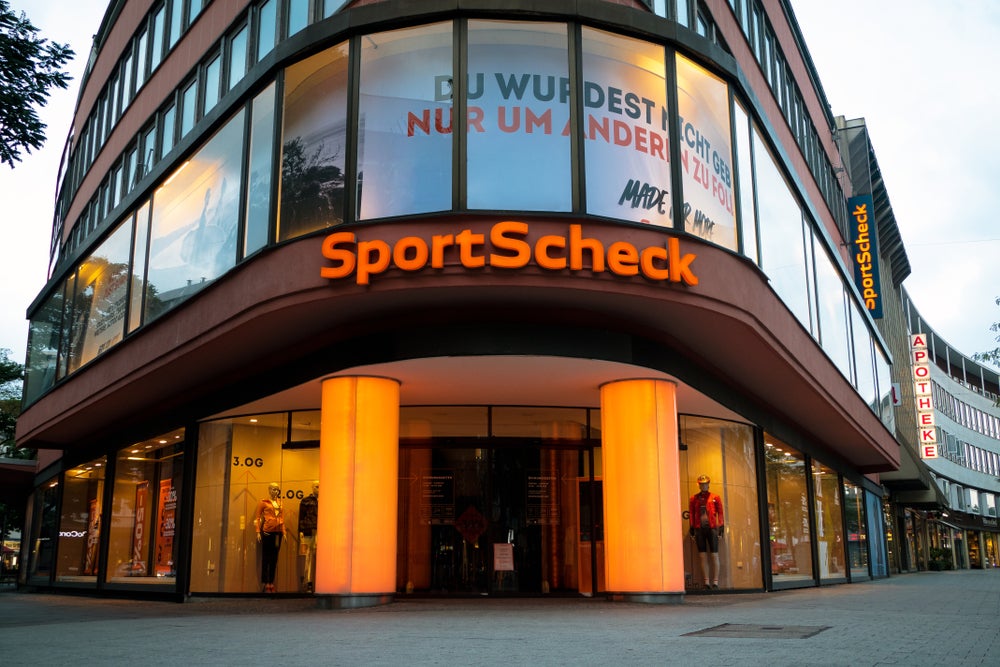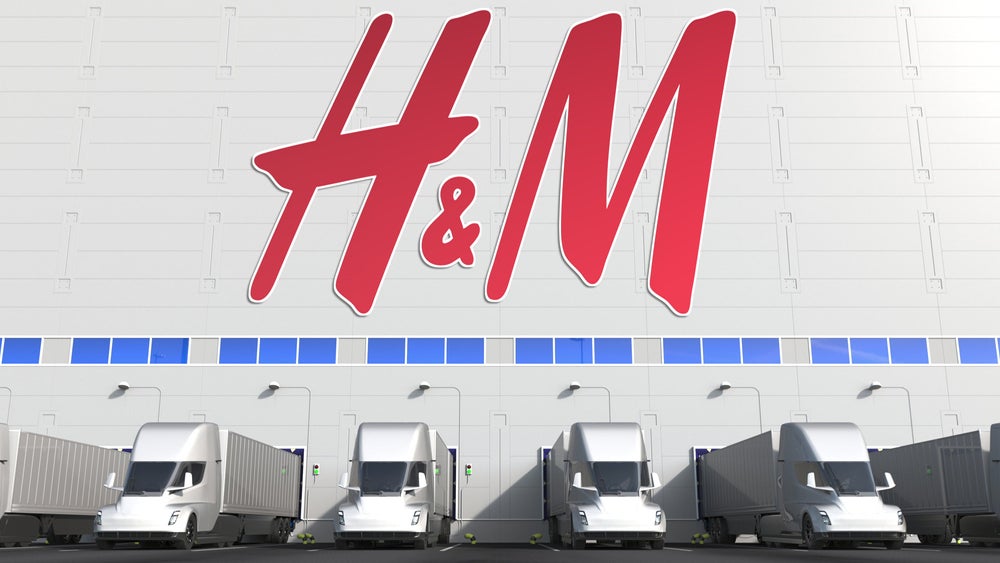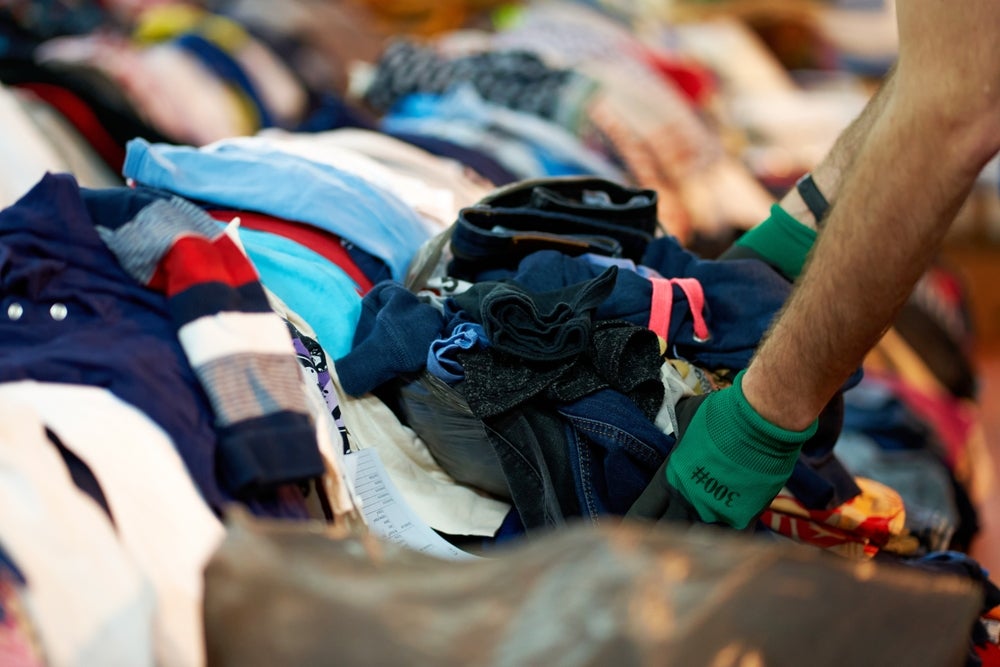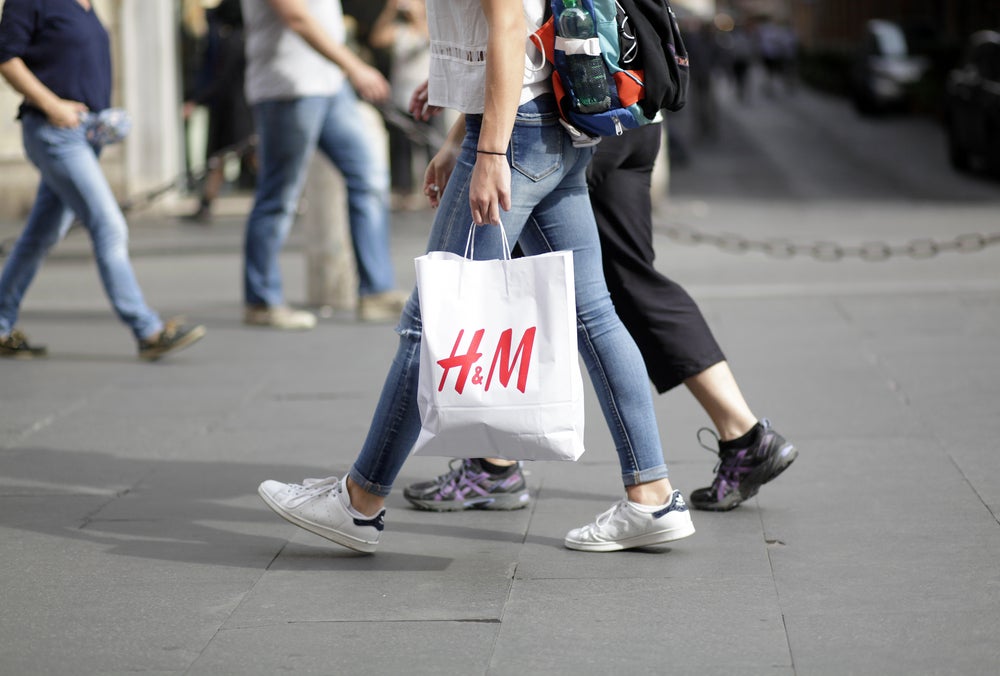Fashion brands, including sports giant Adidas and fashion brand Levi Strauss & Co., have sent a joint letter to Bangladesh prime minister Sheikh Hasina asking for the minimum wage review mechanism to incorporate all stakeholders' views and reflect the country's economic realities.
The 15 co-signees, 10 of which are Fair Labor Association (FLA) members, state they recognise the value that Bangladesh holds as the third largest supplier of garments as well as a fast-growing supplier of footwear and travel goods to the world.
The letter reads: "Bangladesh’s commendable sustainability efforts in the garment, footwear, and travel goods sectors have garnered well-deserved recognition. We value this critical partnership."
The fashion brands say they remain "optimistic that the final increased minimum wage reached [in Bangladesh] will make significant strides towards ensuring worker welfare by properly reflecting the severe economic challenges that garment workers have faced through the pandemic, the subsequent supply chain crisis, and the current rate of inflation".
Global fashion brands' minimum wage recommendations for Bangladesh prime minister
The brands ask the government to consider the following important points:
- The consultations should be inclusive and include all relevant stakeholders, including a constructive dialogue with labour groups and trade unions.
- The consultations should seek to raise the minimum wage to a level that corresponds with a wage level and benefits that are sufficient to cover workers’ basic needs and some discretionary and takes into account inflationary pressures. The co-signees note the average monthly net wages for garment workers in Bangladesh has not been adjusted since 2019, while inflation has increased significantly over that time. Plus, they continue to recommend that the government of Bangladesh adopt an annual minimum wage review mechanism to keep up with changing macroeconomic factors.
- The government can play an important role in facilitating new union registration, condemning violence, threats, or intimidation against union members, and overall fostering an environment that respects workers' collective bargaining rights and empowers them as essential stakeholders in the nation's progress. We strongly urge the government to ensure that there is no retaliation against participants both during and after the minimum wage review to foster and promote an atmosphere of open dialogue and inclusivity through the minimum wage negotiations, and beyond.
The fashion brands acknowledge that apparel brands and retailers sourcing in Bangladesh have a role to play in enabling the above recommendations and state: "We are committed to implementing responsible purchasing practices to fulfil that role."
Which fashion brands have signed the letter
- AEO, Inc.
- Abercrombie & Fitch
- Adidas
- Amer Sports
- Burton
- Gap, Inc
- Hugo Boss AG
- KMD Brands
- Levi Strauss & Co.
- lululemon
- Patagonia
- Puma SE
- PVH Corp
- SanMar
- Under Armour
The Bangladesh Garment Manufacturers and Exporters Association (BGMEA) had not responded to Just Style's request for comment at the time of going to press.


